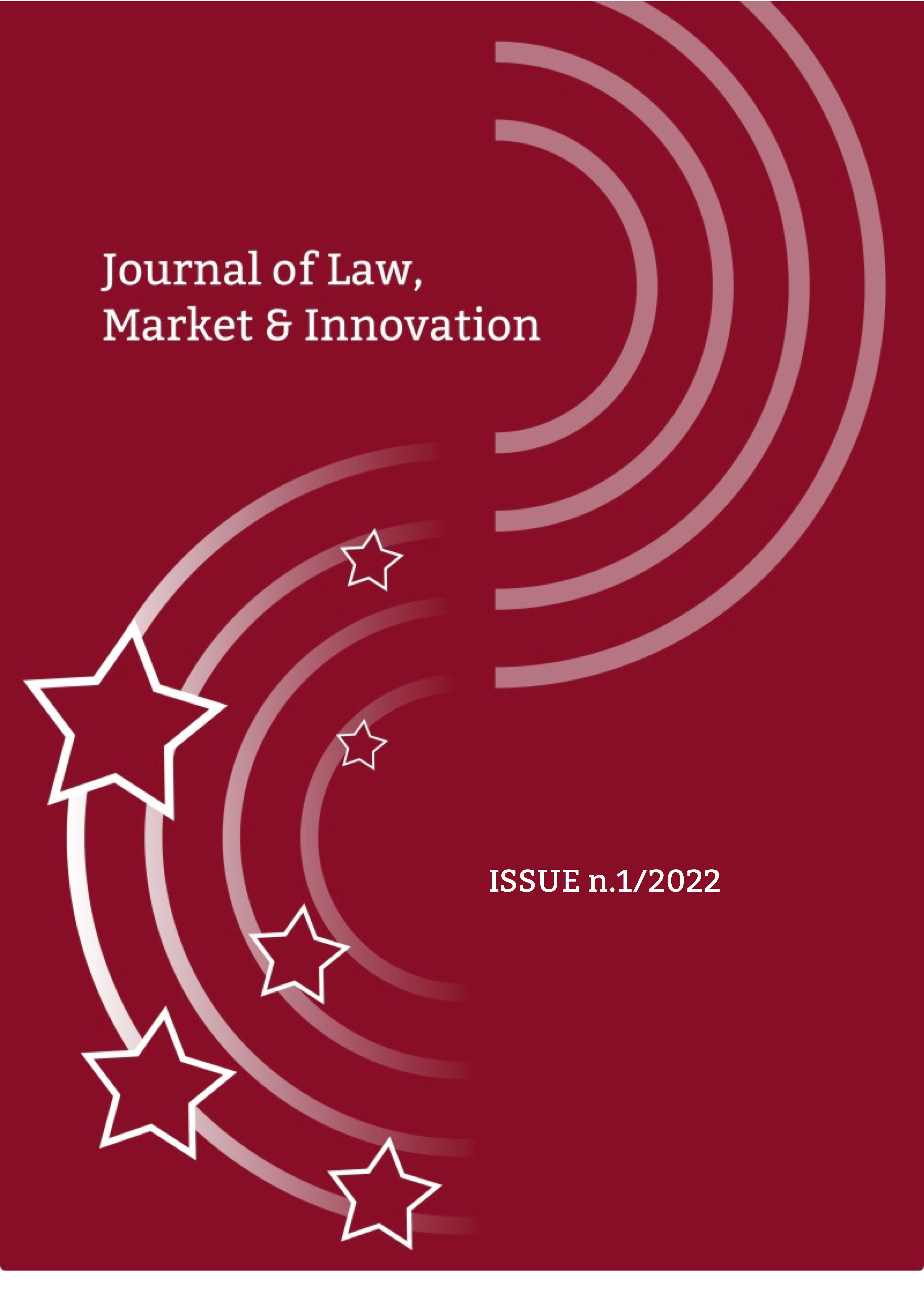In Blockchain We Trust? Certificates of Origin as a Case for Distributed Ledger Technologies
Abstract
Certificates of Origin are one of the most important documents in cross-border trade. They evidence that goods are wholly produced or manufactured in the issuing country, which makes them eligible for specific treatment, be it non-preferential (for example most-favored-nation treatment) or preferential (for example reduction or elimination of tariffs). The procedure of obtaining a Certificate of Origin is still largely manual and paper-based, which makes it time-consuming, costly and vulnerable to errors and fraud. Documents for processing the Certificate need to be handed in by multiple actors and each submission is coupled with the risk of being false or even fraudulently produced. To improve security and transparency, in recent years, states and private parties alike started experimenting with digitalizing the whole procedure in order to streamline and facilitate it. However, even promising projects with e-Certificates did not entirely solve the underlying fundamental problem of the lack of trust between the parties involved in the process. With the rise of Blockchain from 2008 onwards, all eyes are on this new technology which is supposed to fix exactly this issue: establishing trust between unknown parties, or even operating without trust between the parties as they only need to trust the code. Blockchain provides a fully traceable, auditable and transparent record of transactions and with the possibility of adding smart contracts it promises to fully automatize entire processes in order to significantly reduce cost, time and human resources needed for almost any kind of procedure. This technology sounds like a promising solution for the challenges Certificates of Origin are facing. Yet, it should not be blindly implemented. This paper therefore evaluates whether Certificates of Origin are indeed a case for Blockchain and if so, which framework would need to be established in order to fully enjoy the benefits Blockchain technology provides. It concludes that Certificates of Origin are a case for Blockchain technology, albeit not in all cases. To fruitfully implement Blockchain a case-by-case evaluation of the individual project, including a balancing of the advantages and disadvantages, is necessary. Furthermore, a regional framework which enables the cross-border utilization of Blockchain in the issuing process must be established in order to reap the full benefits of the technology. The methodological approach of this paper is twofold: on the question whether Certificates of Origin are a case for Blockchain, a literature review as well as case studies were conducted. On the question of regulation, current regulatory attempts and discussions in international organizations, such as the WCO and the ICC, were examined to identify the areas of regulatory need. Based on the findings, regulatory considerations are drawn and presented.
Copyright (c) 2022 Jule Giegling

This work is licensed under a Creative Commons Attribution 4.0 International License.



